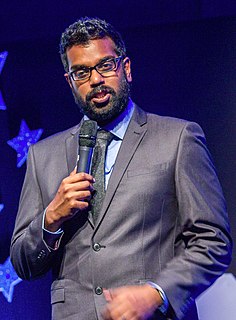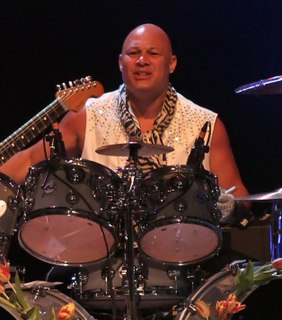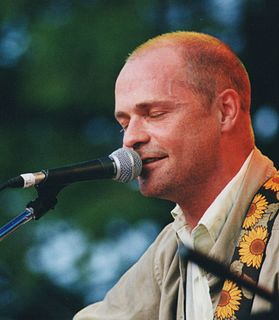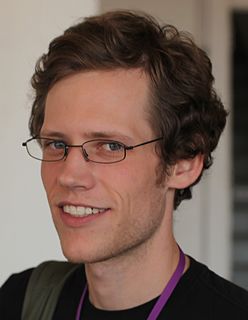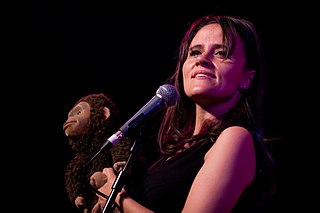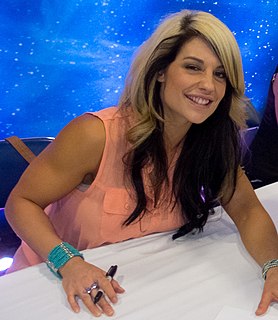A Quote by Romesh Ranganathan
I want to say things on stage that I wouldn't have the guts to say in conversation.
Related Quotes
You have to learn to say no not just to things you don't want to do, you have to say no to things that you want to do, things that are good to do. You have to realize that every time you say yes to one thing you've got to take something else off the plate. Critically, I think you have to realize that it's easier to say no than to say maybe.
People say strange things, the boy thought. Sometimes it's better to be with the sheep, who don't say anything. And better still to be alone with one's books. They tell their incredible stories at the time when you want to hear them. But when you're talking to people, they say some things that are so strange that you don't know how to continue the conversation.
I get a lot of e-mail messages from people who say thanks for giving them a place to vent, an outlet to say what they can't say in real life with friends and work colleagues - things that they know are wrong, but they still want to say. Is it right? No, of course not. People say some disgusting, vile things.
Let us not look east and west for materials of conversation, but rest in presence and unity. A just feeling will fast enough supply fuel for discourse, if speaking be more grateful than silence. When people come to see us, we foolishly prattle, lest we be inhospitable. But things said for conversation are chalk eggs. Don't say things. What you are stands over you the while, and thunders so that I cannot hear what you say to the contrary.
When you see a comedian on stage, the best comedians make it feel like a conversation. But it's not. We have very little interest in what an audience has to say during a performance. Being a stand-up comedian, you're an egomaniac to some degree. Everyone wants to hear what you have to say, apparently. That's not how real relationships work.
